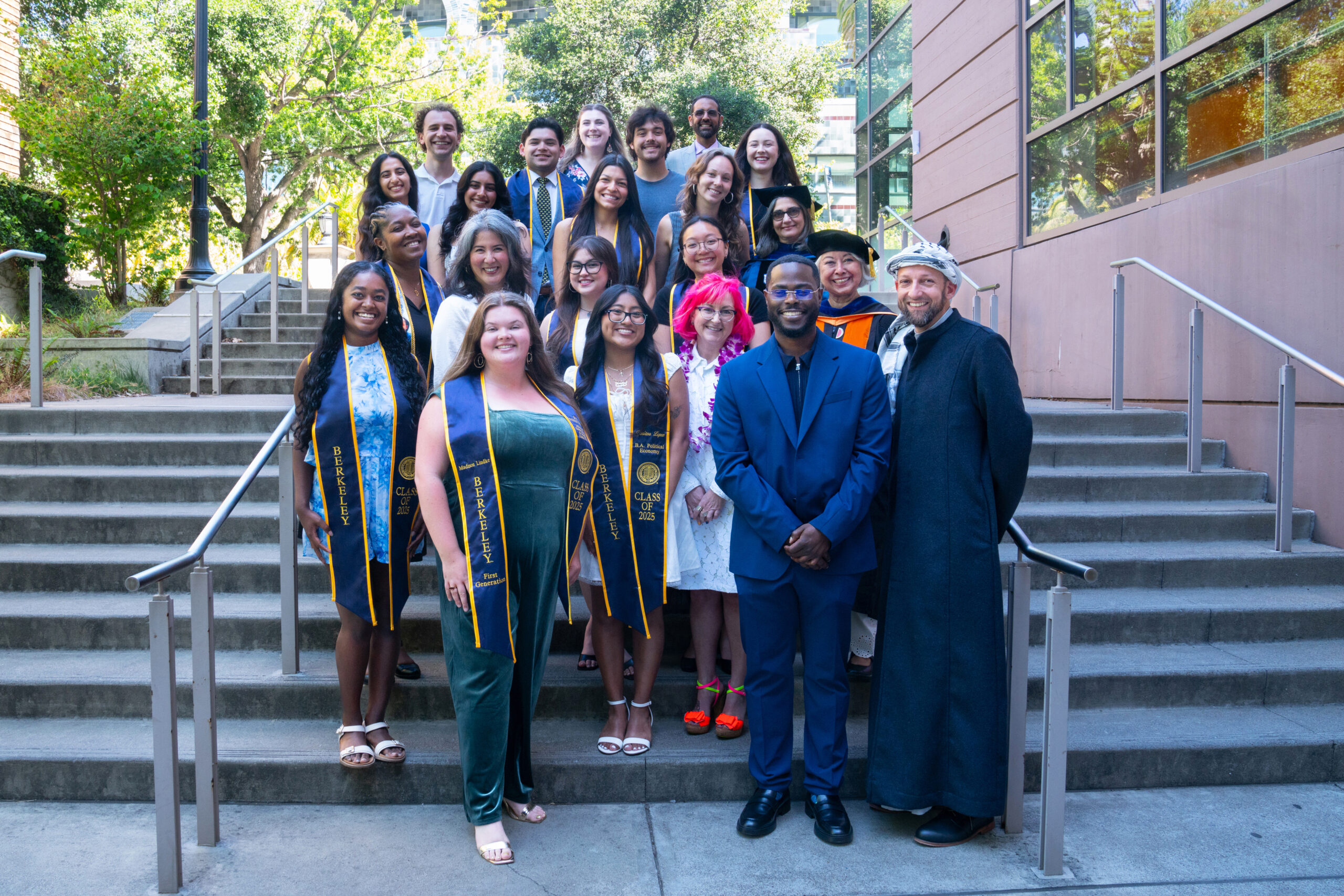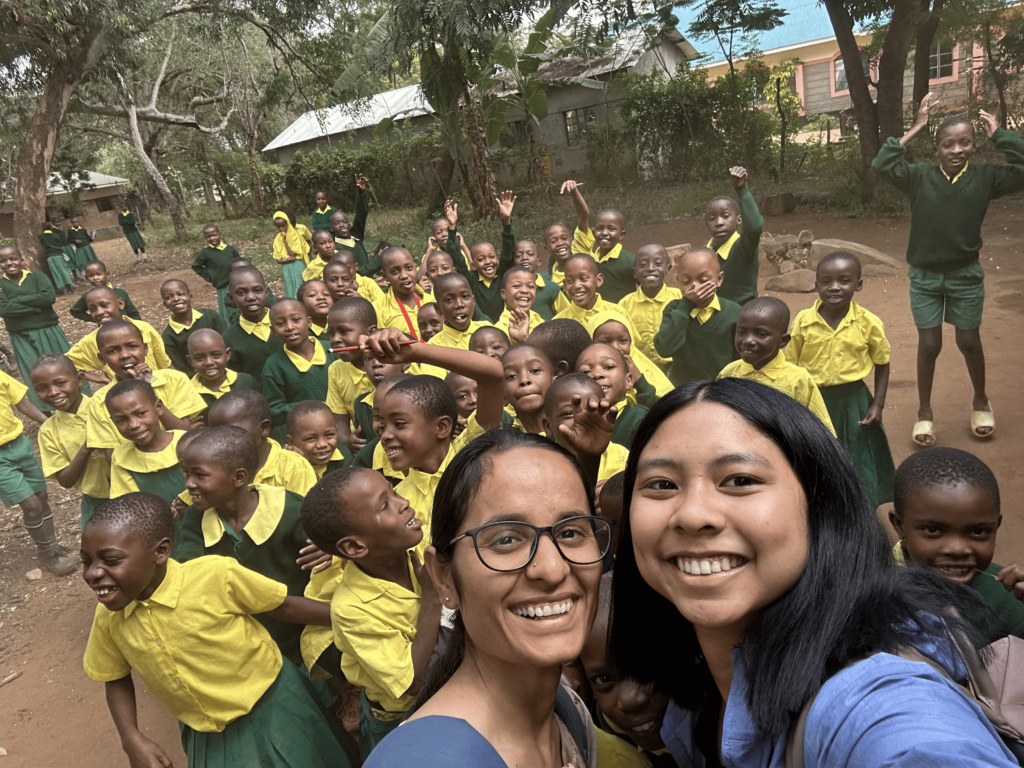By Sybil Lewis
In 2012, the Inter-American Development Bank concluded that children in Peru receiving computers from the American nonprofit One Laptop per Child did not show improvements in math or reading and that access to the laptop did not significantly increase motivation to learn. This is the kind of survey result that makes technology for development professionals worry—especially since global education technology investments were estimated at $1.1 billion in 2012. In Rwanda alone, 203,000 laptops have been distributed to primary school students through the One Laptop per Child project.
On April 10, the Blum Center hosted a panel discussion on the private sector’s changing and often challenging role in education transformation in Africa. The panel was organized and moderated by James Bernard, senior director of global strategic partnerships for the Education Group at Microsoft and a Spring 2015 Development Impact Lab (DIL) visiting fellow. The panel included John Galvin, vice president of education at Intel; Steve Duggan, director of education partnerships at Microsoft; Sara Kingsley, research consultant at the Microsoft Technology and Policy Group; and Alex Cho, vice president and general manager of commercial systems at HP.
First, all of the panelists emphasized that there has been a shift in the past five years away from providing countries with laptops or devices toward context-specific solutions focusing on educational outcomes.
“The focus has moved from the device to thinking about the appropriate solution and service that will provide outcomes,” said Duggan of Microsoft. “So you can think of the technology not as the end-all, but as a device that delivers a service.”
Indeed, to address the shortcomings of device-only solutions, computer hardware companies are including software development and teacher and IT training into their hardware deployment projects in African and other developing countries. In 2012, for example, Microsoft invested $250 million through its Partners in Learning Project to train teachers in IT and technology subjects.
The panelists explained that one of the biggest challenges in the education technology field has been implementing curricula when government officials are more interested in the quantity of devices sent to students. Another challenge is the lack of reliable Internet connectivity in many African regions, a problem that moved Microsoft, Intel, and HP to place its educational content on USB devices with a 3G connection, so that teachers can provide an alternative way to download information. Africa’s connectivity is changing, however, said Kingsley, who works on affordable connectivity projects for Microsoft in Africa. He reminded the panel that many Internet Service Providers and governments are harnessing the power of solar energy throughout the continent.
While “adaptive learning,” which allows teachers and students to learn at their own pace through online resources, has produced positive results, the role of technology in the classroom remains unclear. The panelists attributed this ambiguity to the lack of data and rigorous assessment.
Alex Cho from HP said that the collection of real-time data from student and teacher interactions with devices and software along with on-the-ground qualitative data allows developers to track where success and failure is occurring, with the potential of creating predictive data. According to Duggan, the fact that only one third of countries have met the UN’s 2015 Millennium Development Goals on education highlights technology’s potential to offer more solutions.
The educational ecosystem in sub-Saharan Africa is complicated by resource challenges. A recent UNESCO report estimated that by 2030 2.5 million teachers will be needed to meet growing secondary school enrollment. Teachers and human interaction will always be essential to learning, Bernard assured, but technological innovations can serve as a guide to navigate a landscape lacking quality teachers.
“We need to look at technology from the framework where it is a compliment, not a replacement, to education in places where resources are running short,” Kingsley said.



